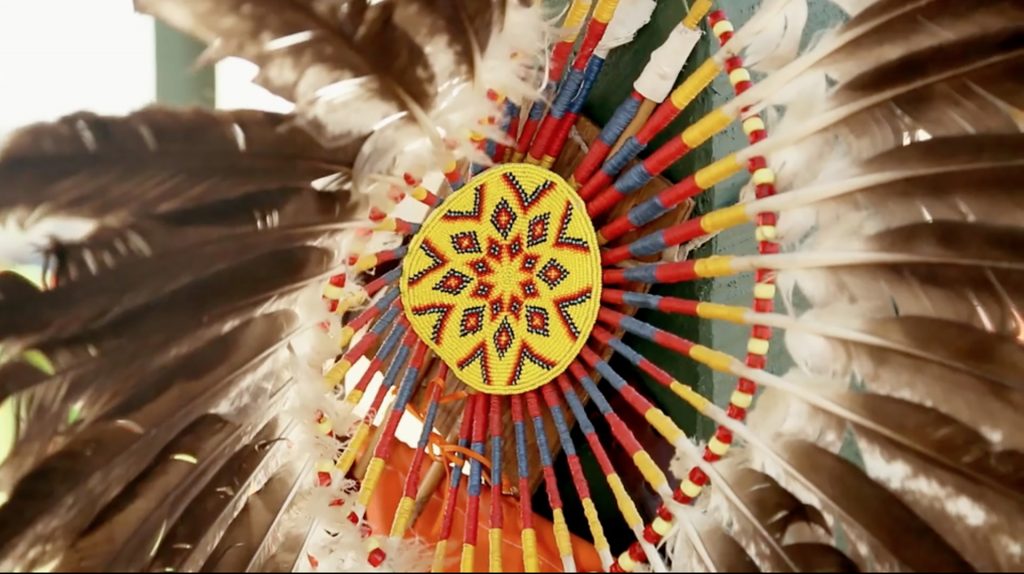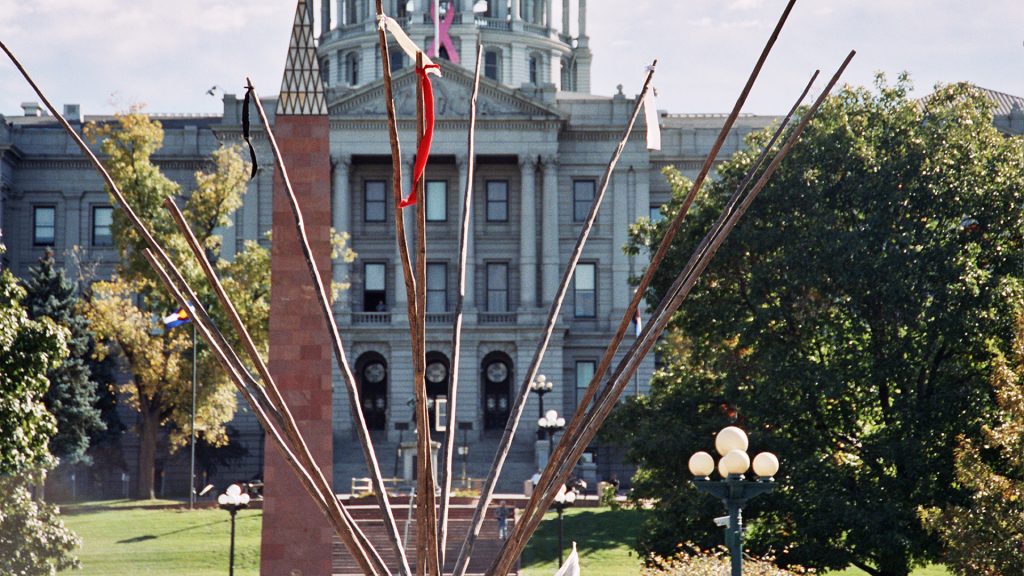Tocabe is an Osage-owned Indigenous restaurant and online store founded by Ben Jacobs, and this year they’ve released a line of ready-to-eat, elevated frozen meals. The ready-made meals are made with Indigenous-sourced ingredients
Tocabe launched its Indigenous marketplace this year, selling Native foods to the mainstream. Microwaveable meals for adults and children are among the shippable products sourced from Native producers. Tocabe also expects a spike in orders beginning with Indigenous People’s Day on Oct. 14 and continuing through Native American Heritage Month in November.
Founder Ben Jacobs describes Tocabe’s Indigenous sourcing as “Native-first, local second,” meaning if a Native farmer or producer has a Native ingredient, Tocabe will source from them before relying on a local organic option.
“We source from Native producers growing and raising traditional foods, but also utilizing ingredients which have been introduced post-contact, as long as they are Native-produced,” added Katrina Salon, a representative for Tocabe. For example, she said, “Wheat berries from Ramona Farms and olive oil from Seka Hills.”
Tocabe created their Indigenous marketplace because they want Native food to be accessible. Native food is not well understood, encountered or available, but Tocabe hopes to bring Native foods to everyone, Jacobs said.
In addition to creating mainstream access to Indigenous foods, Jacobs also aims to support Indigenous economic development. Tocabe does this by supporting the development of Native farmers, ranchers, and food producers who are building “an equitable, sustainable and innovative food system … benefitting American Indian communities.”
Tocabe’s Indigenous marketplace has products for sale from such ethical Native producers for customers to use in their own cooking – or, they can order ready-made meals in bulk bundles or individually. In a children’s line called Little Harvest, Tocabe has options like blue corn pancakes, spaghetti and bison meatballs and French toast. In the adult line of meals, there are “elevated” options like iko’s green chili stew.
One Harvest Meal option is the “bison Sonora bowl,” which has a wheatberry and white tepary bean blended with roasted squash purée, nopales, zucchini and Navajo-grown pinto beans, with braised bison and a chili sauce. Meal bundles include the “Best of Bison” bundle, with the bison Sonoran bowl alongside bison chili, bison posu, sausage posu, wild rice jambalaya and a “sausage sunset” – similar to the Sonoran, but with roasted yams, bison sausage and other variations in sauce and the type of beans.
The meals do have some preservatives, Salon said, due to some of the ingredients they include in their ready-made meals. But Tocabe does not add any additional artificial or synthetic preservatives, according to Salon.
The company has scaled-up their distribution and they’re ready to fill all the orders they’re expecting through the fall, said Salon. From home cooks who want to source Indigenous ingredients for their Thanksgiving menus to busy professionals who want fast, nutritious options for dinner, Tocabe is hoping to be one of the options that comes to mind.
Their frozen Indigenous meals can be prepared with a microwave, in the oven, or by heating in a sauté pan after defrosting. To give one of the ready-made meals a try – or to order Indigenous-sourced ingredients – visit https://shoptocabe.com/.











